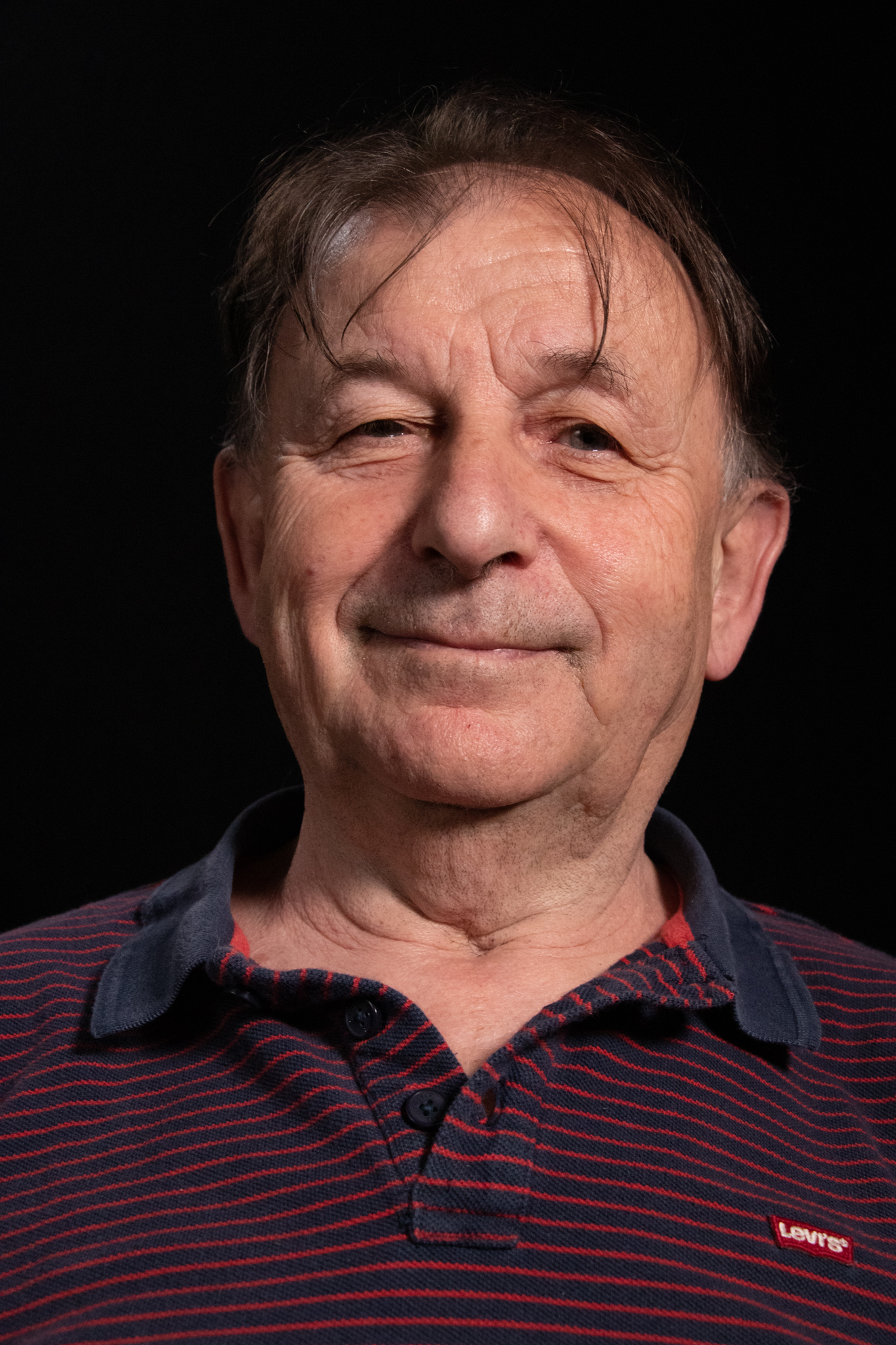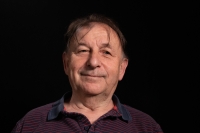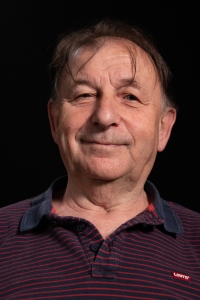If one was to survive honourably under the normalization regime, they could not ask for anything from it

Download image
Michael Žantovský, psychologist, translator, spokesman for President Václav Havel and Czech diplomat, was born on 3 January 1949 in Prague and grew up in his family home in Hanspaulka. His father, Jiří Žantovský, worked most of his life at the Museum of Czech Literature, while his mother, Hana Žantovská, née Eislerová, was a translator and editor of the Mladá fronta publishing house. As Michael was growing up, he was gradually discovering his mother’s Jewish roots and the trauma of the Holocaust that weighed on both parents. He grew up in an intellectually stimulating environment, read widely and was interested in rock and roll music. In his first year at grammar school (1965) he was expelled for staging a performance of Beat Generation authors´ poetry in the school theatre. This was in connection with Allen Ginsberg’s visit to Prague during the student Majáles celebration. The American poet had been expelled from Czechoslovakia for allegedly sexually molesting underage boys, and the school authorities concluded that the theatrical performance also had sexual subtext. However, Michael was able to finish his studies at another grammar school. After graduation, he began studying psychology at the Faculty of Arts of Charles University (1967). During the holidays after his first year, a few days after the invasion of Czechoslovakia by the Warsaw Pact troops, he decided to go to a partner university in Groningen, in the Netherlands, with several of his classmates. From there, he continued to stay with relatives in Montreal. He spent one year in Canada, studying psychology at McGill University. In the summer of 1969, however, he returned to Czechoslovakia. After graduation (1973), he joined the Psychiatric Research Institute on the grounds of the Bohnice hospital. There, he worked in the team of Dr. Jaroslav Madlafousek on research on motivation and sexual behaviour. The research was gradually restricted by the regime and after completeing his military service (1977) Michael Žantovský returned to work there only part-time. From 1980 he worked as a freelance translator of Anglo-Saxon literature and song lyrics, especially for the singer Pavel Bobek. Thanks to his cultural background, he had many friends among the dissidents, but he himself did not fully participate in dissident activities. From 1988 he worked as a Prague correspondent for the London-based news agency Reuters, reporting on all the Prague anti-regime demonstrations of the time. In December 1989, he became spokesman for the Civic Forum (OF), and from January 1990 he was spokesman for President Václav Havel. He was Czech Ambassador to the USA (1992-1997), Israel (2004-2009) and the UK (2009-2015). From 1996-2007 he was a member of the Civic Democratic Alliance (ODA) and he represented it in the Senate from 1996-2002. He has translated prose and drama from English by a number of important modern, mainly American, authors. He is the author of several books, including a biography of Václav Havel (Havel, 2014, published by Argo).

